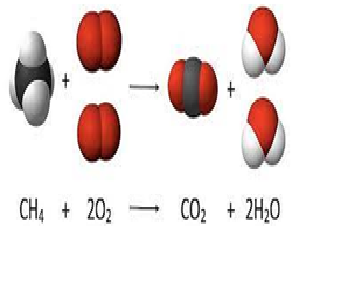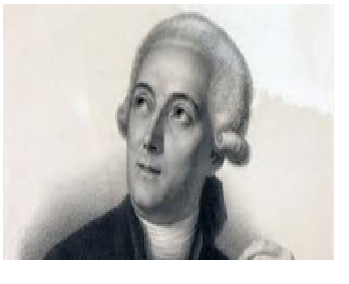

Who discovered the law of conservation of mass?
a) Charles Darwin
b) Albert Einstein
c) Antoine Lavoisier
d) Isaac Newton
Explanation: The Law of Conservation of Mass dates from Antoine Lavoisier's 1789 discovery that mass is neither created nor destroyed in chemical reactions.

Which
of the following is/are NOT changed during chemical reaction and always remains
same?
a) mass of matter
b) arrangement of particles in matter
c) state of matter
d) all of these
In a chemical reaction, the matter is neither destroyed nor created but it may be changed from one form to another. What law is this?
a) law of conservation of energy
b) law of conservation of mass
c) law of conservation of atom
d) law of conservation of molecules
Who is considered as the father of chemistry?
a) J.J. Thomson
b) Albert Einstein
c) Antoine Lavoisier
d) Isaac Newton
Explanation:Antoine-Laurent de Lavoisier, also Antoine Lavoisier after the French Revolution, was a French nobleman and chemist who was central to the 18th-century chemical revolution and who had a large influence on both the history of chemistry and the history of biology.

When
you put baking soda in vinegar, which type of reaction takes place?
a) physical reaction
b) chemical reaction
c) reversible reaction
d) both a and b
Which of the following is NOT an example of chemical change?
a) mixing baking soda and vinegar
b) chopping of log
c) burning a paper with a lighter
d) baking a birthday cake for your mother